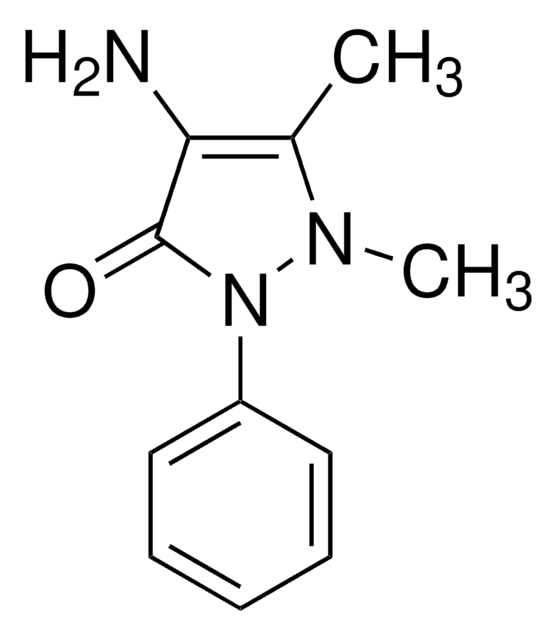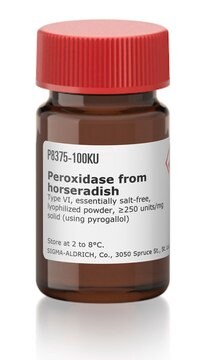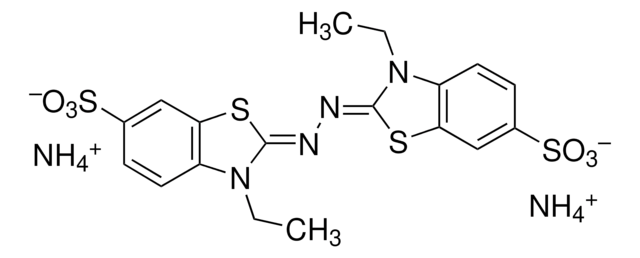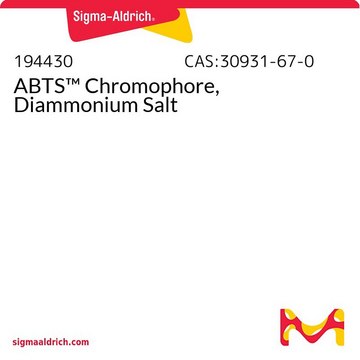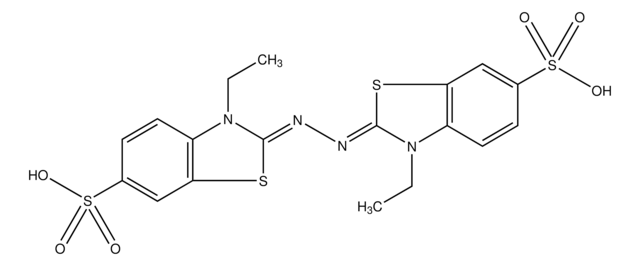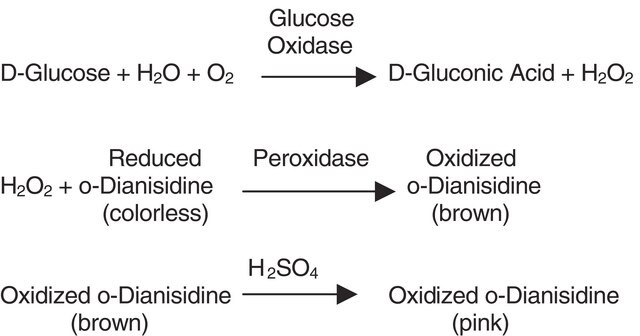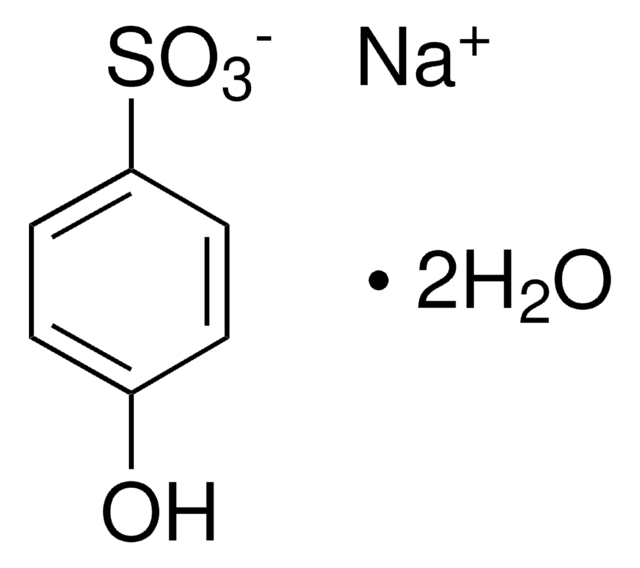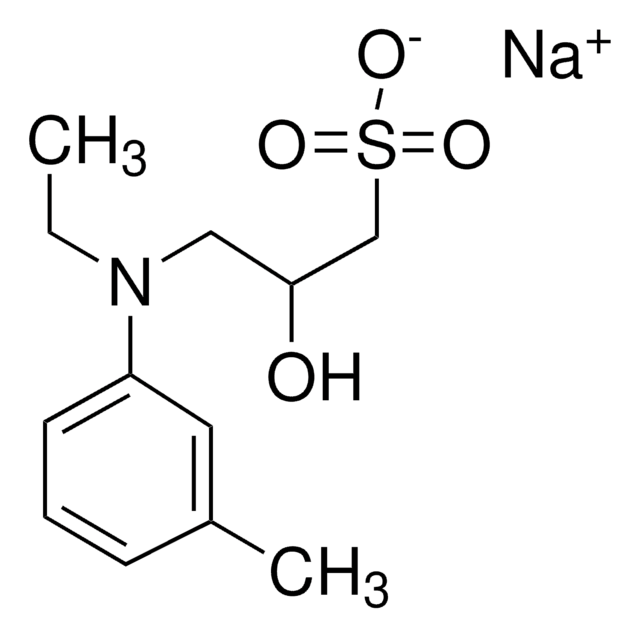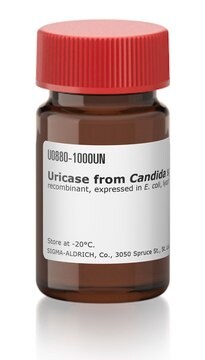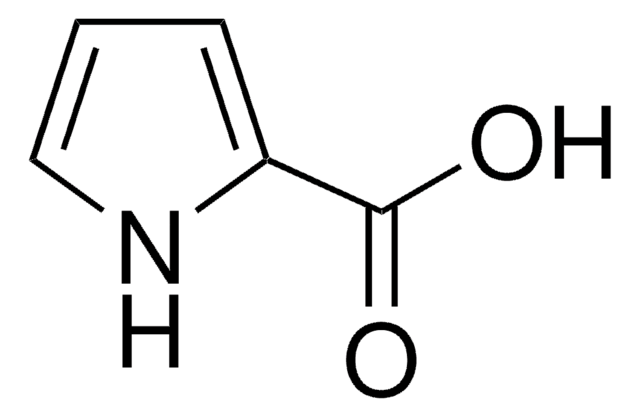D4645
Sodium 3,5-dichloro-2-hydroxybenzenesulfonate
≥98% purity (TLC), powder
Synonym(s):
3,5-Dichloro-2-hydroxybenzenesulfonic acid, DCHBS, DHBS
About This Item
Recommended Products
Product Name
Sodium 3,5-dichloro-2-hydroxybenzenesulfonate, used for peroxide measurement
Assay
≥98% (TLC)
form
powder
technique(s)
titration: suitable
color
white to off-white
pH
7 (20 °C, 53 g/L)
mp
>300 °C
solubility
H2O: 50 mg/mL
application(s)
diagnostic assay manufacturing
hematology
histology
storage temp.
room temp
SMILES string
[Na+].Oc1c(Cl)cc(Cl)cc1S([O-])(=O)=O
InChI
1S/C6H4Cl2O4S.Na/c7-3-1-4(8)6(9)5(2-3)13(10,11)12;/h1-2,9H,(H,10,11,12);/q;+1/p-1
InChI key
NMWCVZCSJHJYFW-UHFFFAOYSA-M
Looking for similar products? Visit Product Comparison Guide
General description
Application
Signal Word
Warning
Hazard Statements
Precautionary Statements
Hazard Classifications
Eye Irrit. 2 - Skin Irrit. 2 - STOT SE 3
Target Organs
Respiratory system
Storage Class Code
11 - Combustible Solids
WGK
WGK 3
Flash Point(F)
Not applicable
Flash Point(C)
Not applicable
Personal Protective Equipment
Regulatory Listings
Regulatory Listings are mainly provided for chemical products. Only limited information can be provided here for non-chemical products. No entry means none of the components are listed. It is the user’s obligation to ensure the safe and legal use of the product.
JAN Code
D4645-25G:
D4645-5G:
D4645-BULK:
D4645-100G:
D4645-VAR:
Choose from one of the most recent versions:
Already Own This Product?
Find documentation for the products that you have recently purchased in the Document Library.
Customers Also Viewed
Our team of scientists has experience in all areas of research including Life Science, Material Science, Chemical Synthesis, Chromatography, Analytical and many others.
Contact Technical Service